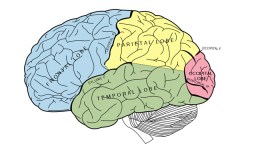Oliver Sacks
Professor of Neurology & Psychiatry, Columbia University
Oliver Sacks is a psychiatrist and neurologist best known for his collections of case histories from the far borderlands of neurological experience, The Man Who Mistook His Wife for a Hat and An Anthropologist on Mars, in which he describes patients struggling to live with conditions ranging from Tourette's syndrome to autism, parkinsonism, musical hallucination, epilepsy, phantom limb syndrome, schizophrenia, retardation, and Alzheimer's disease.
In 1966, Dr. Sacks began working as a consulting neurologist for Beth Abraham Hospital in the Bronx, a chronic care hospital where he encountered an extraordinary group of patients, many of whom had spent decades in strange, frozen states, like human statues, unable to initiate movement. He recognized these patients as survivors of the great pandemic of sleepy sickness that had swept the world from 1916 to 1927, and treated them with a then-experimental drug, L-dopa, which enabled them to come back to life. They became the subjects of his book Awakenings, which later inspired a play by Harold Pinter and the Oscar-nominated feature film called Awakenings.
In July of 2007, Sacks was appointed Professor of Neurology and Psychiatry at Columbia University Medical Center, and he was also designated the university's first Columbia University Artist. Sacks Latest book Musicophilia: Tales of Music and the Brain (2007), was has been Revised and Expanded in a new edition that was released in September of 2008.













